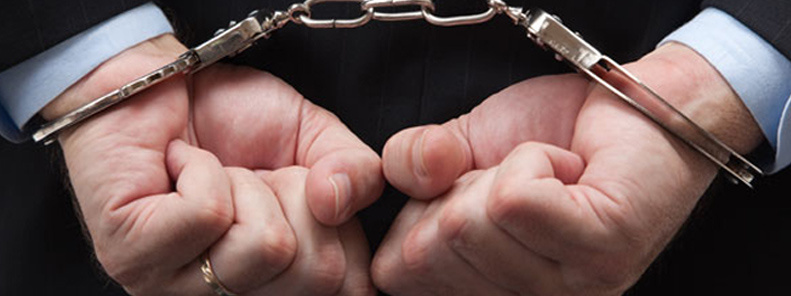As part of a free trial, all Aspen Police officers (“APD”) have worn body cameras for the past year. APD has now decided to continue use of body cams for the next five years as part of a Scottsdale-based company.
The contract will begin January 1. Over the past year, APD has worked in conjunction with the District Attorney’s Office to ensure the proper measures are in place to utilize body cam footage. This includes new servers to store the additional data from the body cams.
Additional logistical details include how long APD will store the footage and how requests for the footage will be fulfilled. To help handle the additional workload, APD will hire a new records custodian.
Body cam footage can help protect police officers and defendants. For example, in situations involving police use of force, video footage can be crucial in determining whether such use of force was appropriate. In fact, recently Aurora police released body cam footage in a case where police shot and injured a man in his home. Undoubtedly the video will be key as police further investigate the case.
While video evidence is powerful, it has its short falls, too. Video sometimes fails to preserve the emotion of the situation or anything occurring in the periphery. Additionally, when clipped, video can be taken out of context.
However, overall, video evidence helps to ensure the accuracy of criminal prosecutions and further protect the constitutional rights of criminal defendants.
If you or someone you know has been charged with a crime in the Aspen, Vail, or Glenwood Springs area, the criminal defense team at Kalamaya | Goscha ensures the best possible outcome in the case.

